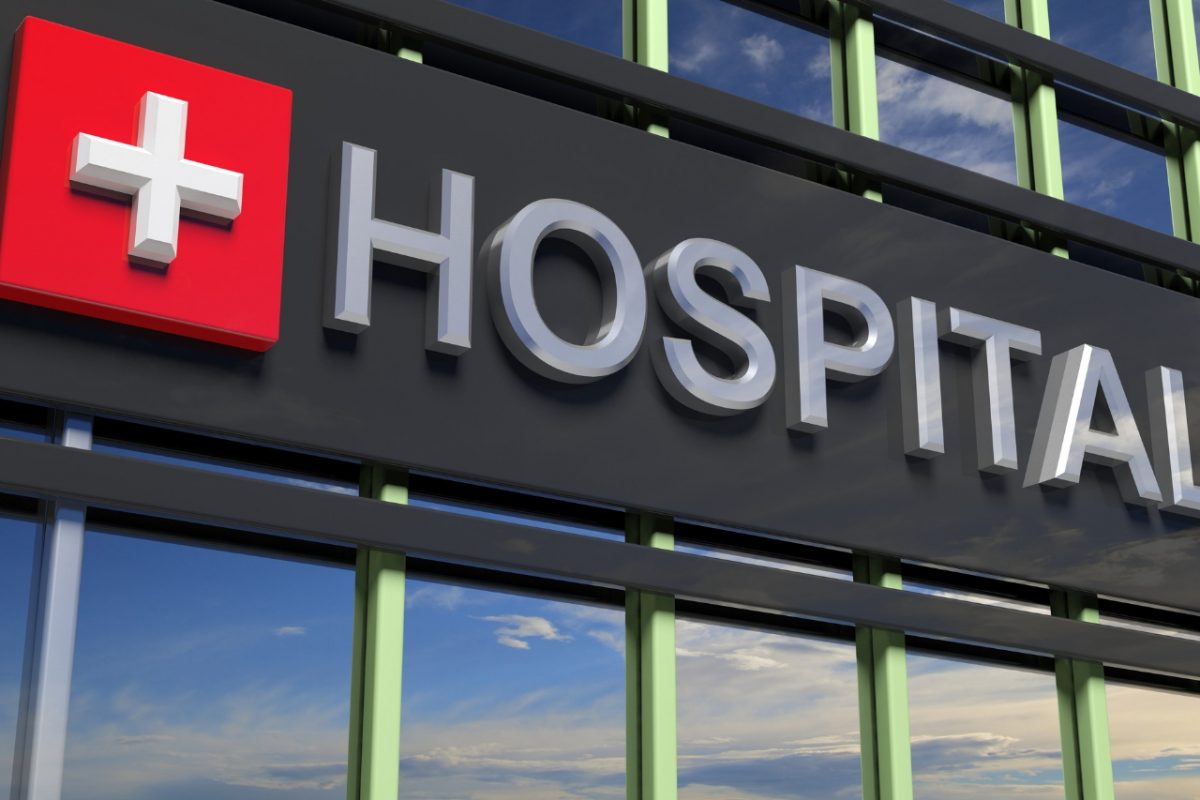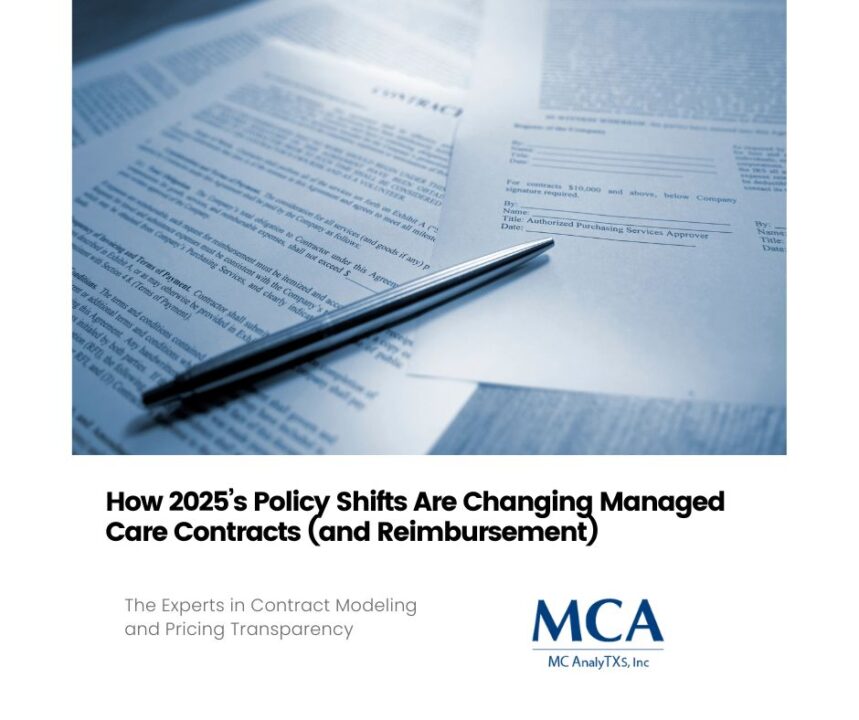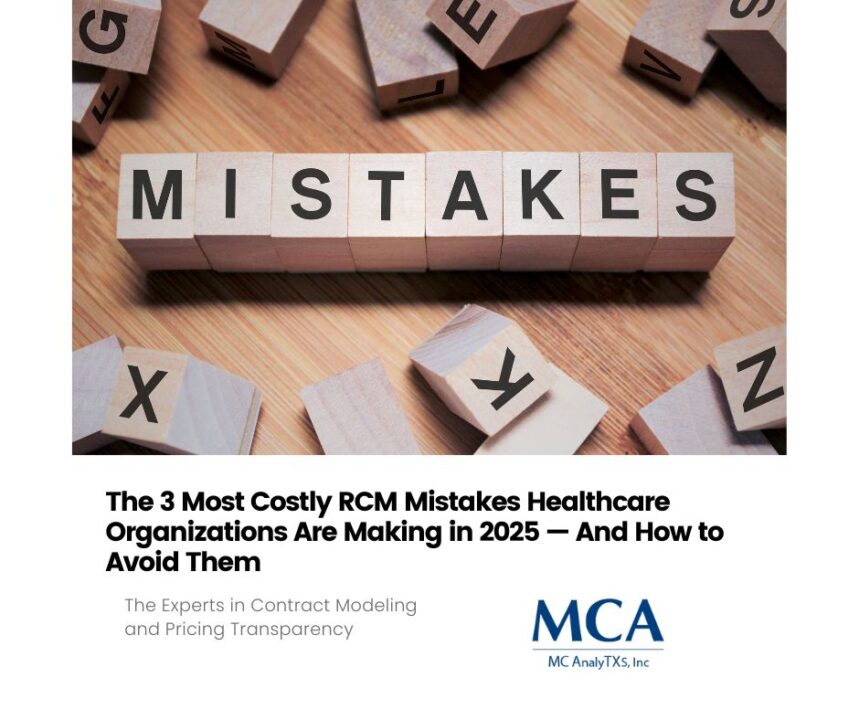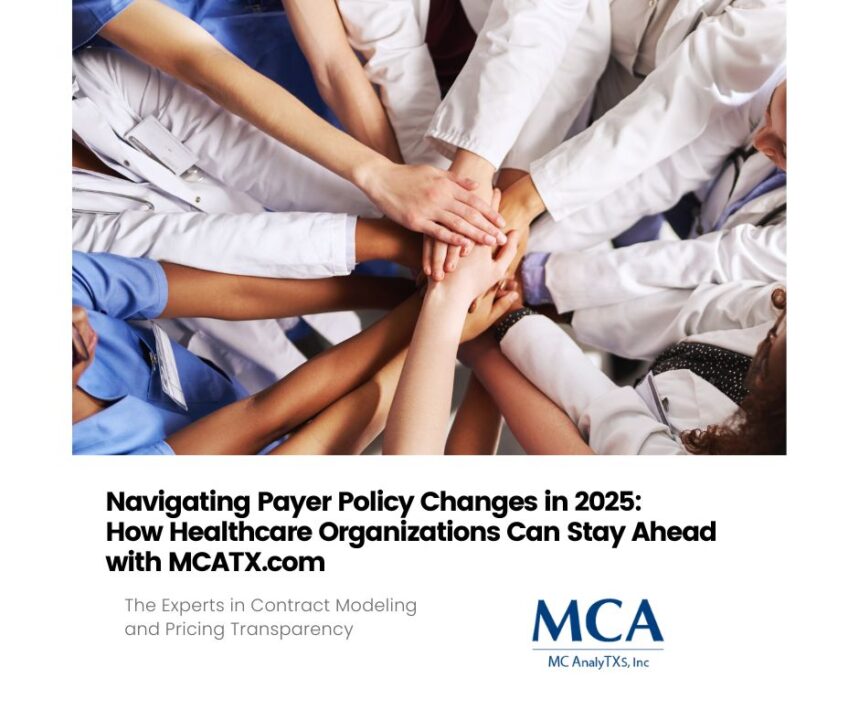
Overcoming RCM Workforce Challenges: Tips for Improved Staff Satisfaction and Revenue Boosts
December 15, 2023
The Power of an Effective RCM Strategy: How to Avoid Unnecessary Costs and Increase Yield
December 20, 2023Managing hospital revenue in the current reimbursement environment is an increasingly challenging task, especially for healthcare professionals who must constantly navigate the complex maze of regulations and policies. Staying financially stable while ensuring quality patient care is a key priority for every healthcare organization. In this article, we’ll be looking at five actionable tips that can help hospitals maximize their revenue even in the toughest reimbursement environments.
Implement an Effective Revenue Cycle Management (RCM) System
Revenue Cycle Management (RCM) is an essential part of maximizing hospital revenue. Continuously monitoring the process from patient registration to claim submission, helps prevent errors that could result in rejected or delayed claims. An effective RCM system should include proper coding, timely submission of claims, and prompt reconciliation of denied claims. By investing in a robust RCM system, hospitals can effectively reduce the average days in accounts receivable (AR) and minimize billing errors, leading to increased revenue.
Refine Your Documentation and Coding Processes
Mismanaged documentation and coding processes can be a significant source of revenue loss in hospitals. Ensuring that your hospital’s documentation and coding accurately reflect the services provided not only guarantees that you receive proper reimbursement but also helps prevent fraud and abuse. To pinpoint areas for improvement, hospitals can conduct periodic audits of their documentation and coding processes to identify patterns of denials and rejections. With this information, effective measures can be taken to refine these processes, improve coding accuracy, and mitigate revenue loss.
Prioritize Strategic Contracting and Negotiations
The effectiveness of a hospital’s managed care contracting and negotiation strategy is an important determinant of its revenue. Hospitals should prioritize strategic negotiations to ensure that contract terms are favorable and that the hospital receives its due share of reimbursement. Hospital administrators and CFOs should always keep themselves updated about contract renewals, negotiate rates to obtain optimal reimbursements, and collaborate with payers to establish long-term relationships beneficial to their organizations.
Focus on Care Continuity
Improving care continuity is a win-win strategy for hospitals and patients alike. By strengthening care coordination, reducing readmissions, and leveraging technology to improve communication channels and documentation, hospitals can ensure patients receive high-quality care from point-of-entry to post-discharge. Hospitals that prioritize care continuity can decrease unexpected hospitalization and reduce costs, ultimately resulting in increased revenue.
Optimize Staff Efficiency and Process Streamlining
With increasing regulatory demands and reimbursement pressures, time and operational efficiency are crucial to revenue maximization. Where possible, hospitals can streamline operational processes using automation technology to minimize costs and maximize employee productivity. An optimized system results in faster payment timelines, reduced administrative costs, and accessibility to larger revenue opportunities.
Conclusion:
In conclusion, maximizing hospital revenue is never an easy task. In a constantly changing reimbursement environment, hospitals are under immense pressure to reduce operational costs while maintaining high-quality care standards. By implementing these tips, hospitals can improve revenue cycle management, refine coding and documentation processes, prioritize strategic contract negotiations, focus on care continuity, and streamline operational processes for staff efficiency. As a result, hospitals will be well-positioned to thrive in tough reimbursement environments.
To learn more join our upcoming webinar Thursday, January 18th at 1 pm CST.





